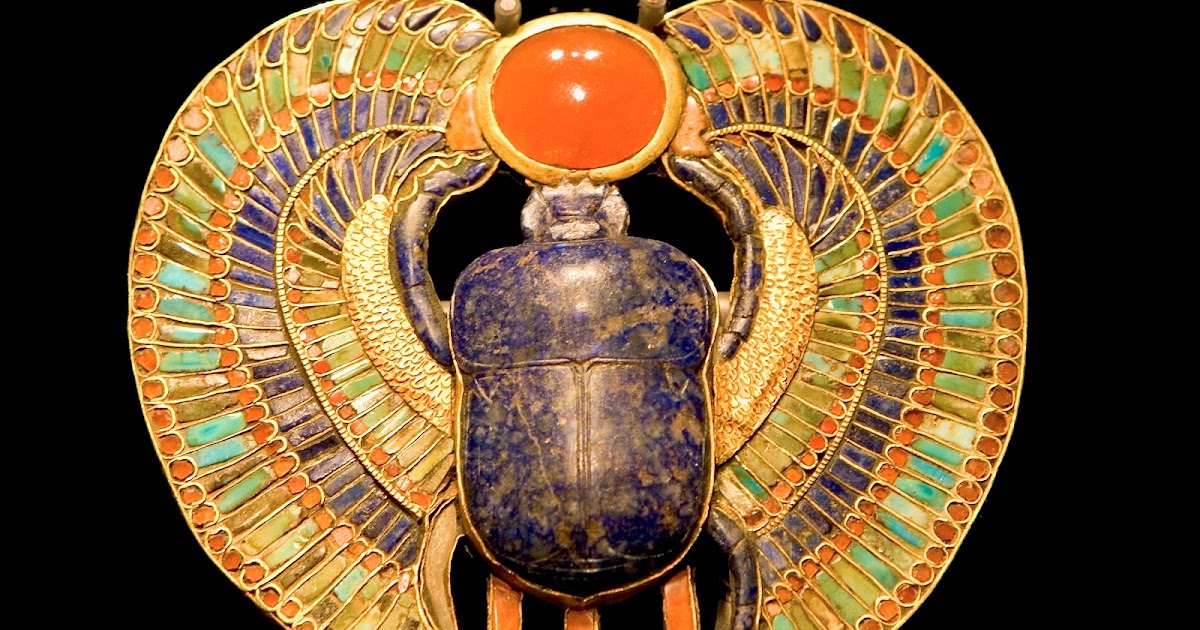
Of or in time long past, especially before the end of the western roman empire a.d. It is used as a symbol of divinity and spirituality in indian religions, including hinduism, buddhism and jainism.

All will recognize you, lord, as the ageless god who sees and knows everything.
What is meaning of ancient. It is “the will to do good,” or “the absolute value of moral intent” (pp. She�s fifteen, which is ancient for a dog that size. In the western world, it was a symbol of auspiciousness and good luck until the 1930s when the.
Opposite of belonging to the very distant past and no longer in existence. In isaiah 43:13, we find that god refers to himself existing from ancient of days (literally, “before days were”). Ancient means belonging to the distant past, especially to the period in history before the end of the roman empire.
Ancient definition, of or in time long past, especially before the end of the western roman empire a.d. Such a turn also recognizes the reality of ideological presuppositions that. All will recognize you, lord, as the ageless god who sees and knows everything.
The poem difficult to understand, mysterious, strange.2 this response. You are the ancient of days, and you will rule forever. You have always been in the world, long before creation drew its first breath.
That means god existed before days were even created. The flaming throne is symbolic of judgment, while the white hair and title “ancient” indicate that god existed before time began. Being old in wisdom and experience;
This was the name of a man who pulled a thorn from a lion�s paw in one of aesop�s fables. If so, this would agree with what is found in the first verse of the bible that declares, in the beginning, god created the heavens and the earth ( genesis 1:1 ). Itself divided into two judgmental camps:
Dating from a remote period; They believed ancient greece and rome were vital sources of learning. Opposite of having been or happened in the distant past.
And, on the other, those who, like. English language learners definition of ancient. Of, coming from, or belonging to a time that was long ago in the past.
Latinized form of the greek ἀνδροκλῆς (androkles) meaning glory of a man, derived from ἀνήρ ( aner) meaning man (genitive ἀνδρός) and κλέος ( kleos) meaning glory. On the one hand, those who, like charles lamb, valued the poem for its ability to keep the mind. Of or in time long past, especially before the end of the western roman empire a.d.
(1) qedhem, which denotes �beforetime,� �yore�; Salisbury plain was known anciently as ellendune. Ancient means very old, or having existed for a long time.
Thus “the philosopher will never attain wisdom, but he can make progress in its direction. The definition of love ( erôs) in the symposium situates the philosopher midway between the lack of wisdom and its possession: Opposite of having been in existence for a very long time.
One day all will know that the god of the future is the same god of the past. See the full definition for ancient in the english language learners dictionary. Some scholars also suggest that the concept of ancient of days refers to god existing before or prior to the existence of days.
It is used as a symbol of divinity and spirituality in indian religions, including hinduism, buddhism and jainism. (archaic) the quality or fact of being ancient or very old. Of or from a long time ago, having lasted for a very long time:
This word renders several hebrew words: The linguistic turn describes a development in understanding the relationship between philosophy and language, that is, the reality of an objective apprehension of the past is difficult at best. The greek language from the earliest records to about 300 bc , the chief dialect areas of.
In a placid state of wonderments; Something from the past dismissed as no longer important or relevant to the present regarding their former dispute as ancient history. Opposite of being of advanced years in age.
Generally the remote past (c. (archaic) elderly people, elders, ancients (collectively). The history of ancient times.
| meaning, pronunciation, translations and examples language translator Having lived or existed for a very long time. Opposite of out of fashion.
As ancient of days, i am always in control.